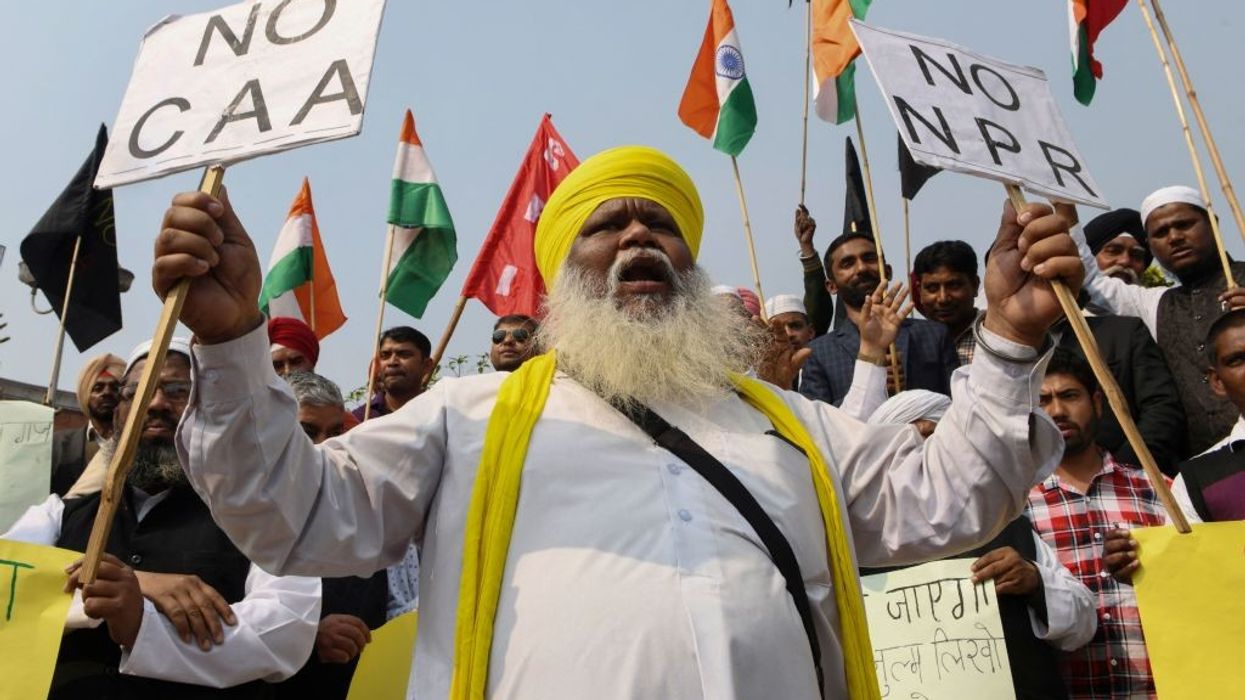INDIA this week implemented the contentious 2019 Citizenship Amendment Act (CAA), sparking sporadic protests and a war of words between prime minister Narendra Modi's government and opposition groups weeks before national elections are held.
Here is a look at the law, its implications and the concerns surrounding it.
What is the CAA?
The CAA fast-tracks citizenship for persecuted Hindus, Parsis, Sikhs, Buddhists, Jains and Christians who fled to India before Dec. 31, 2014 from Muslim-majority Afghanistan, Pakistan, and Bangladesh due to religious persecution.
The enactment of the law by Modi's Bharatiya Janata Party (BJP) government in 2019 triggered massive protests and sectarian violence in which scores were killed, including in capital New Delhi, forcing authorities to delay its implementation.
Why has the act run into controversy?
Muslim groups, opposition parties and rights activists say the law discriminates against Muslims and undermines the country's secular constitution. Some also question why it does not include Muslims fleeing Buddhist-majority Sri Lanka and Myanmar.
In states such as Assam in the east, CAA has sparked concerns about increased migration from neighbouring Bangladesh, which has been a flashpoint in the region for decades.
On the other hand, some Muslims in Assam and West Bengal fear that the law, combined with a proposed National Register of Citizens, could be used to declare them illegal immigrants from Bangladesh and take away their citizenship.
Leaders of some opposition parties have termed the legislation "communal and divisive".
The US government and the UN have expressed concerns, with the UN calling CAA "fundamentally discriminatory in nature".
What has the reaction been to the implementation of the law?
Sporadic protests broke out in some parts of the country, including Assam and the southern state of Tamil Nadu, although there have been no reports of damage or violence.
Some chief ministers have refused to implement the law in their states.
How has the government responded?
The government has denied it is anti-Muslim and said CAA is "only for those who have suffered persecution for years and have no other shelter in the world except India".
The government has said protests against the law are politically motivated and spurred by misconceptions, adding that the law is only meant to grant citizenship, not revoke it.
Can CAA have political implications?
The law was a key promise in the BJP's 2019 election manifesto and has been implemented weeks before Modi seeks a rare third term.
Opposition leaders have questioned the timing of the move, saying it is aimed at polarising voters on religious lines.
(Reuters)





